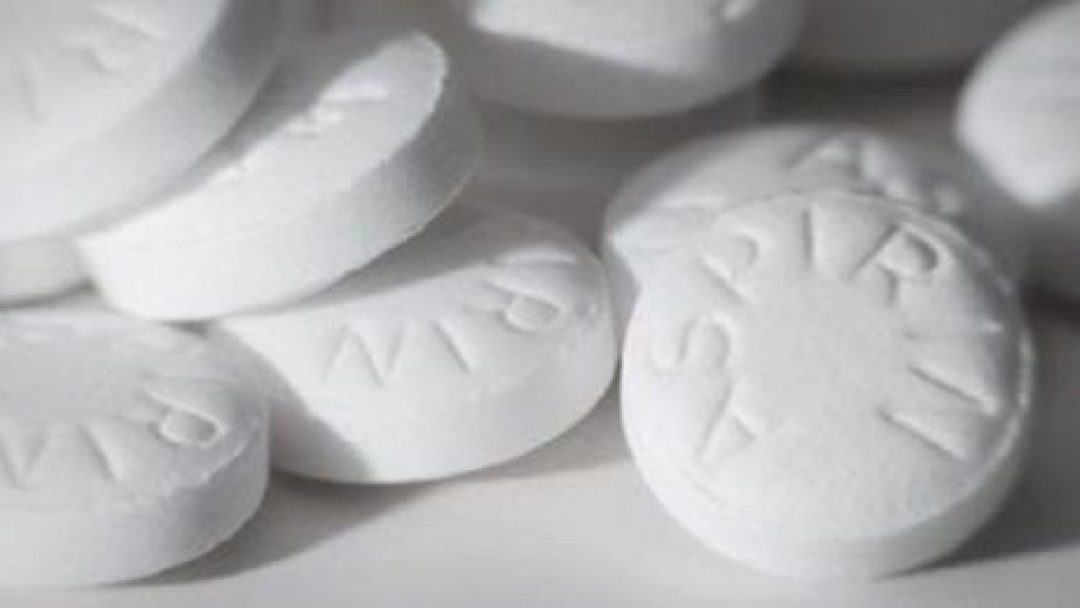Baby aspirin has been widely used in the past for various medical conditions, especially in the elderly. Research claims that daily use of aspirin may significantly lower the risk of a heart attack. Aspirin works by interfering with the way platelets work by reducing the clotting ability. The prevention of blood clots helps in preventing a heart attack.
Despite the risks involved and the ineffectiveness of daily baby aspirin, it is still widely used in the prevention of heart attacks in the elderly. According to a U.S.-Australian study, after five years of treatment for patients with heart diseases, the rate of heart disease was not significantly lower in the 9,525 volunteers taking 100mg of aspirin, as compared to the 9,589 who took placebo tablets.
Daily usage of baby aspirin has several risks associated with it. Stopping daily aspirin usage often has another effect that may lead to the increase in the risk of a heart attack. This is because stopping daily usage for a patient who had had a heart attack can potentially trigger a blood clot, hence causing a heart attack.
While daily aspirin can help in the prevention of a clot-related stroke, it can potentially increase the risk of a bleeding stroke.
Consuming aspirin daily increases the risk of developing stomach ulcers. In the event that the patient suffers from gastrointestinal ulcers prior to taking aspirin, the anticlotting medicine makes bleeding worse, which can be life-threatening. According to a study carried out, intestinal bleeding occurred in 8.6 percent of aspirin patients.
Aspirin can have serious side effects, one of them being allergic reactions, which can be-life threatening.
Although baby aspirin has been beneficial in the treatment and prevention of heart attacks in the elderly, the risks overwhelm the benefits, hence it is not recommended by the doctors or any cardiologist technician.








